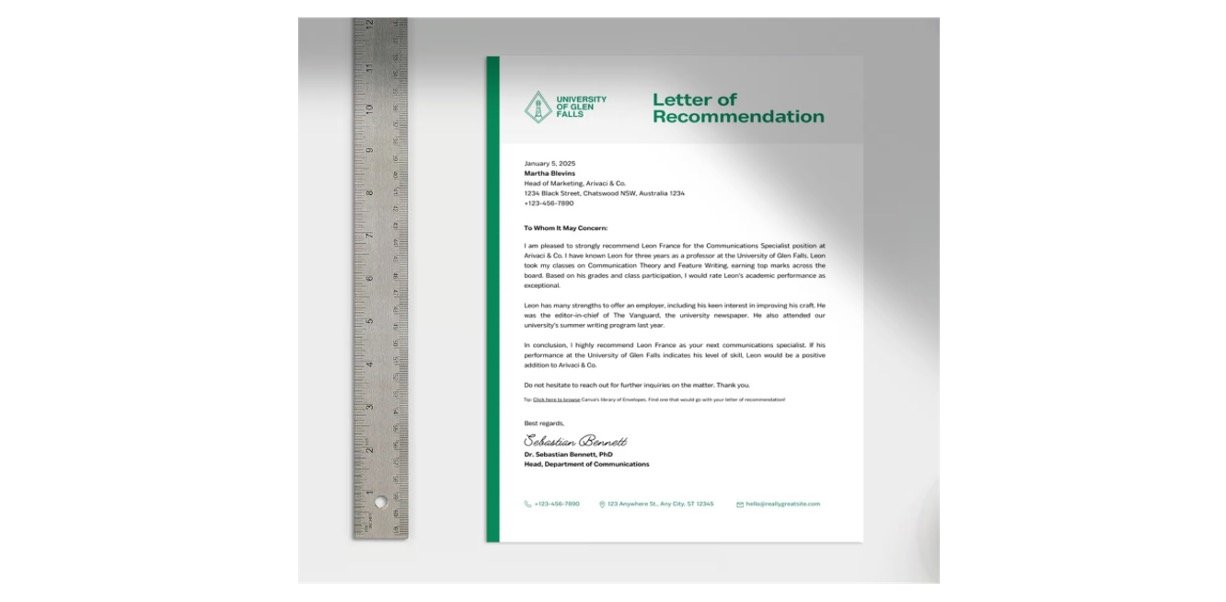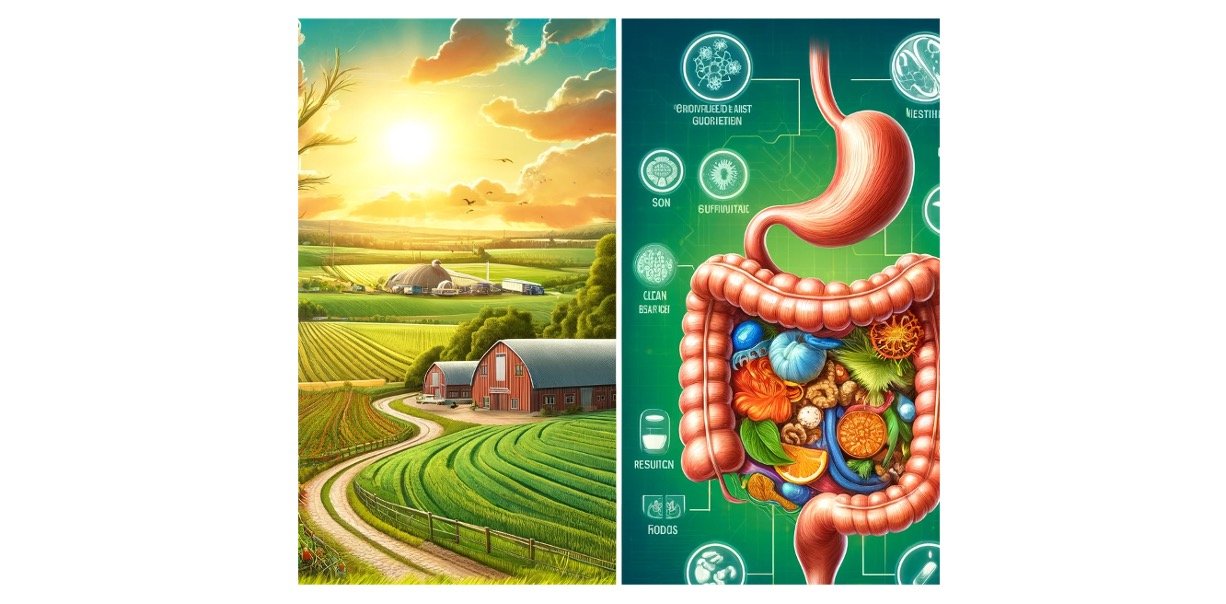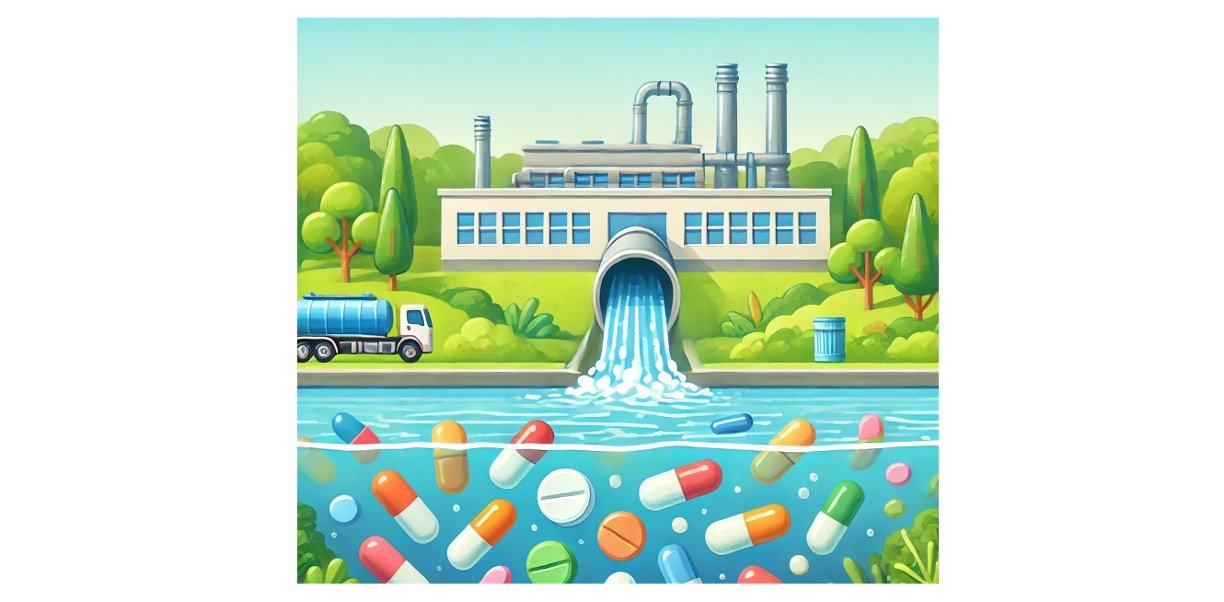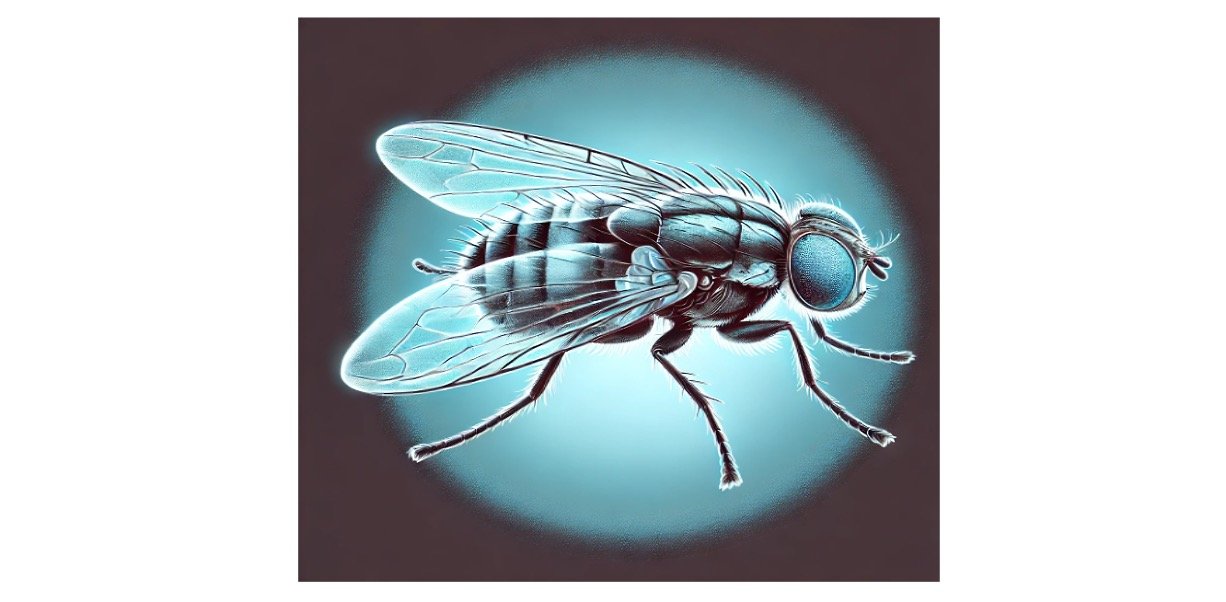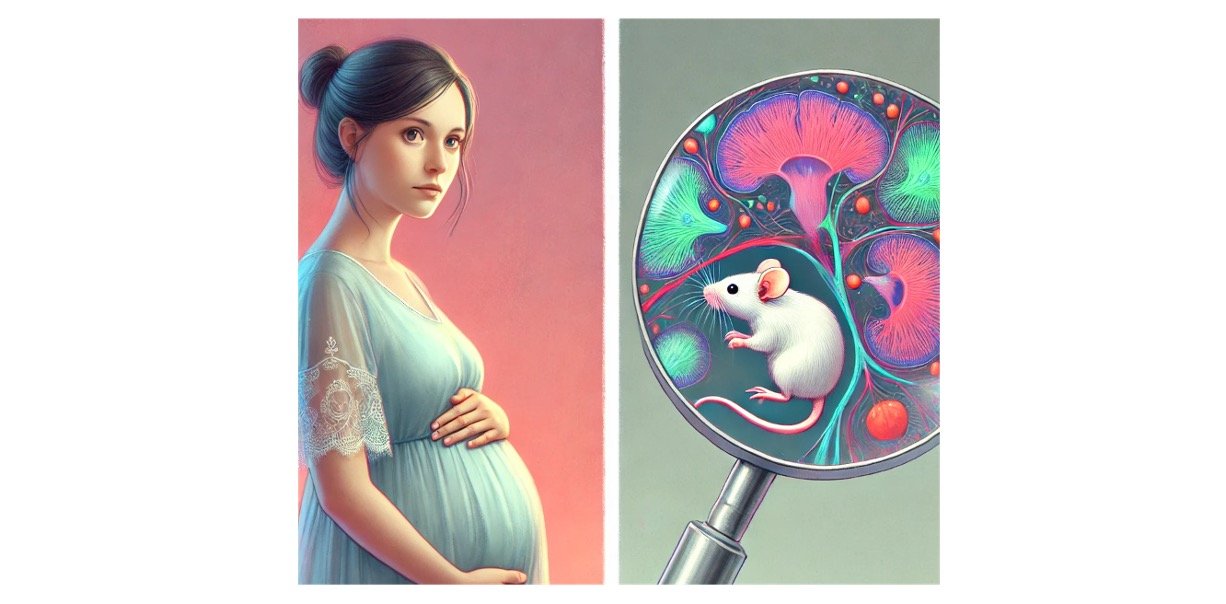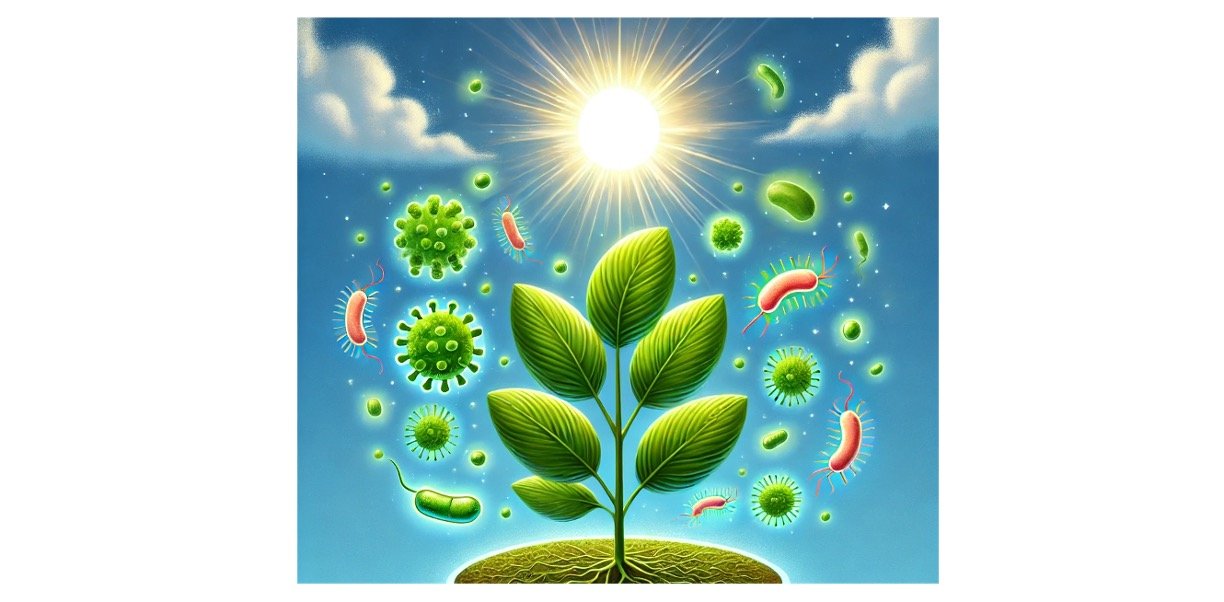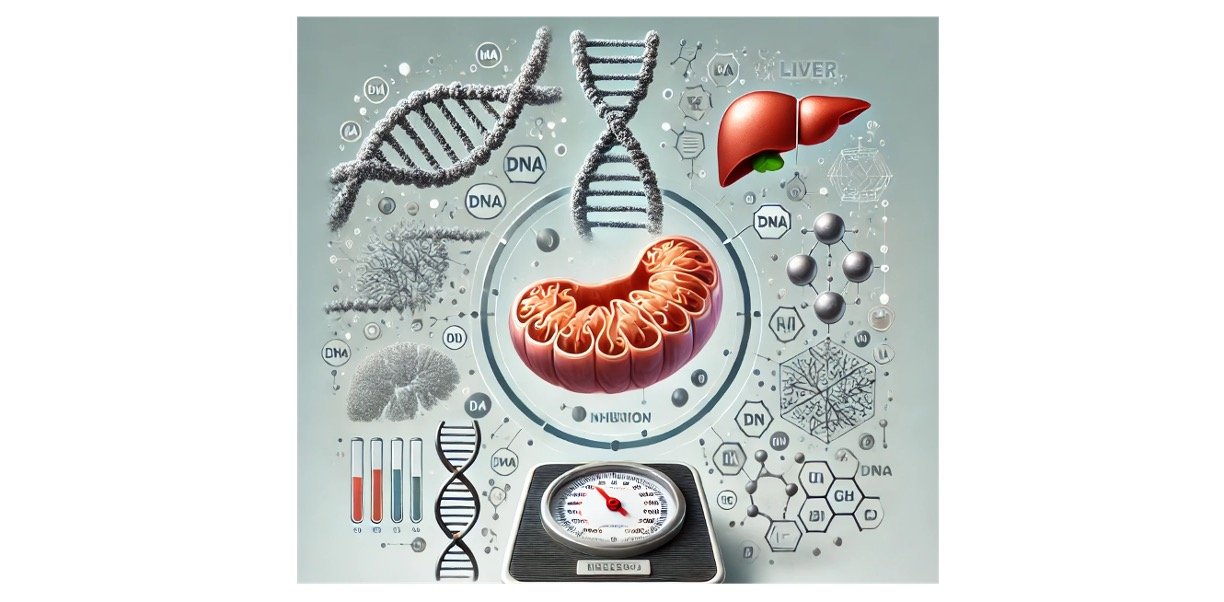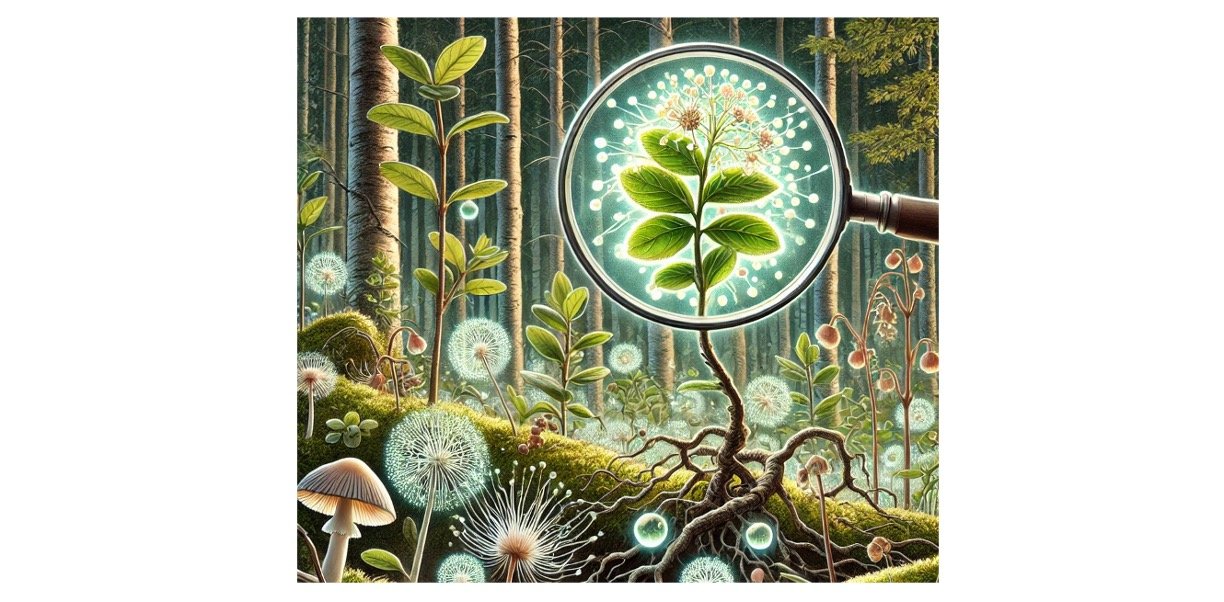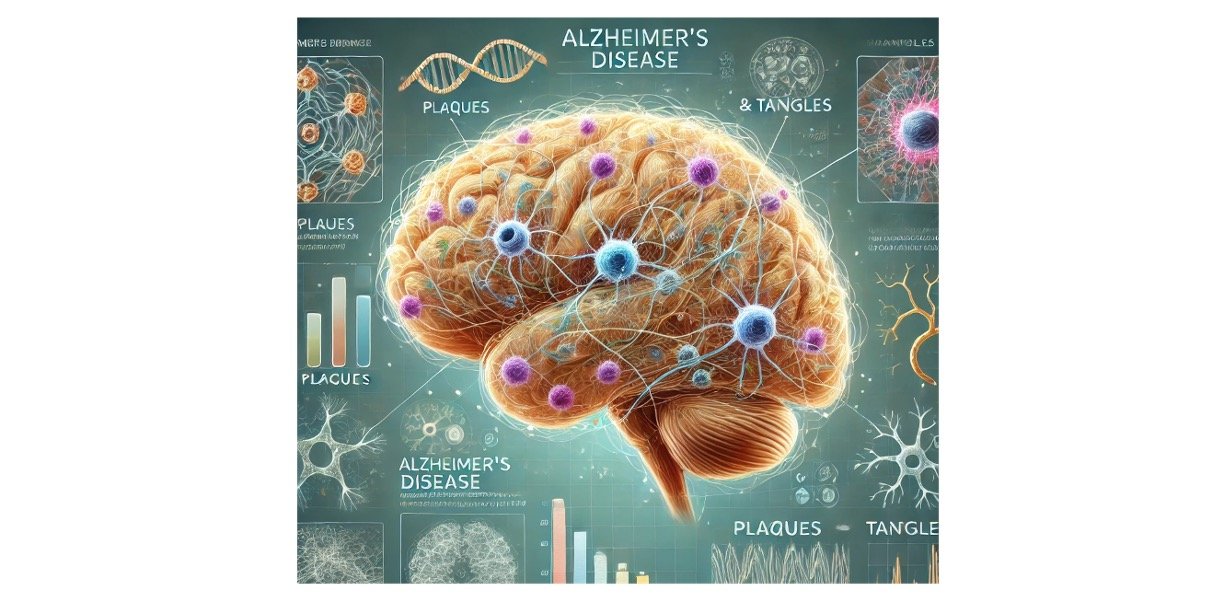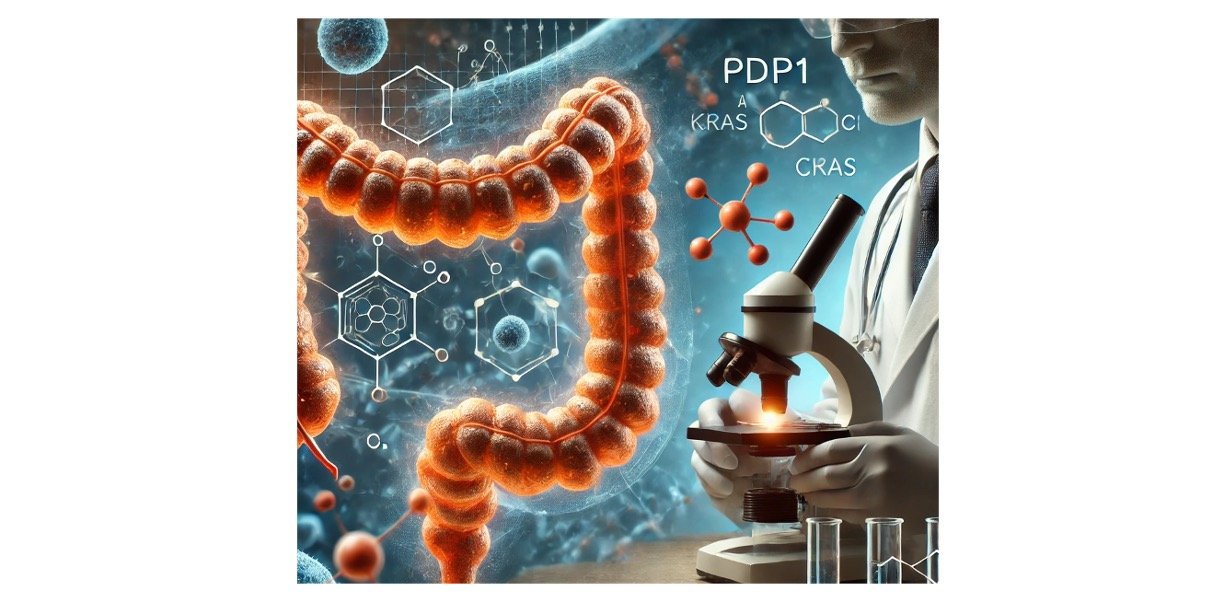Table of Contents
Desiccation Definition
Desiccation is the condition, act, or process of completely eliminating or extracting all water content from the body, resulting in severe dryness.
Desiccation Etymology
“Desiccate” (v., def: to desiccate) and “desiccated” are two words that are related (adj., def: pertaining to desiccation or one that is dried by desiccation).
What is Desiccation?
Desiccation can be achieved by exposing the organism to a desiccant or a desiccator, for example. A desiccant is a chemical compound that works against humectants, which retain moisture in place. Desiccants include silica gel, activated charcoal, calcium chloride, and calcium sulphate, among others. By adsorbing moisture, they cause desiccation. A vacuum desiccator is a glass or plastic container used in the laboratory to help make or keep things dry.
Desiccation Definition in Biology
Desiccation is the process of an organism being dried out by eliminating water or extracting moisture. Drying crops (agriculture), drying newborn animals (particularly livestock animals), and killing sensitive organisms, such as some bacteria, are some of its biological uses.
Water molecules prefer to exit the cell through osmosis through the aquaporins on the cell membrane when there is no water surrounding it. The water subsequently evaporates and dissipates into the atmosphere. This is what happens when an aquatic creature is removed from its natural environment or when a susceptible organism is exposed to a desiccating substance, such as a salt-exposed earthworm.
Desiccation susceptibility varies. Desiccation resistance is high in many viruses. Some bacteria are not entirely resistant and may survive, allowing them to reactivate when water becomes available. Mycobacterium tuberculosis, for example, can live for several months.
Desiccation in Plants
Water is necessary for the survival of plants. Land plants, in particular, use their roots to take water from the soil. They grow wilted without water, and a prolonged absence of water causes death. As water outflow increases, their cells become flaccid at first, then plasmolyzed. This is what occurs when plants are overly exposed to sunshine or are drought-stricken. Desiccation of plants can also be induced, for example, when the plant is to be conserved and stored as a specimen.
Desiccation in Medicine
The term “dessicated” in medicine refers to something that has been kept dry. Pharmaceutical medicines and supplements are produced in a dry environment. Because moisture may degrade medical items, dessicated medicinal products have a longer shelf life.
Desiccation Citations
- Soil desiccation cracking and its characterization in vegetated soil: A perspective review. Sci Total Environ . 2020 Aug 10;729:138760.
- Desiccation Tolerance as the Basis of Long-Term Seed Viability. Int J Mol Sci . 2020 Dec 24;22(1):101.
- Desiccation Tolerance: Avoiding Cellular Damage During Drying and Rehydration. Annu Rev Plant Biol . 2020 Apr 29;71:435-460.
Share


